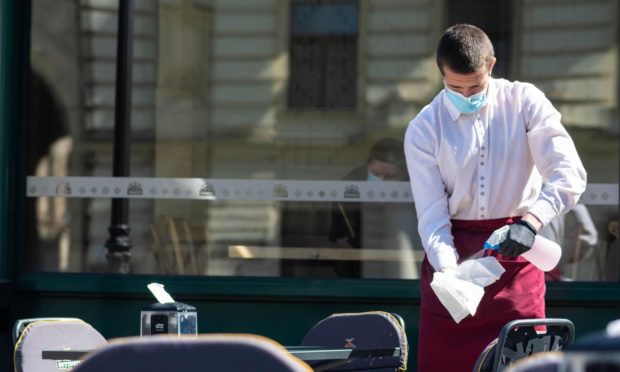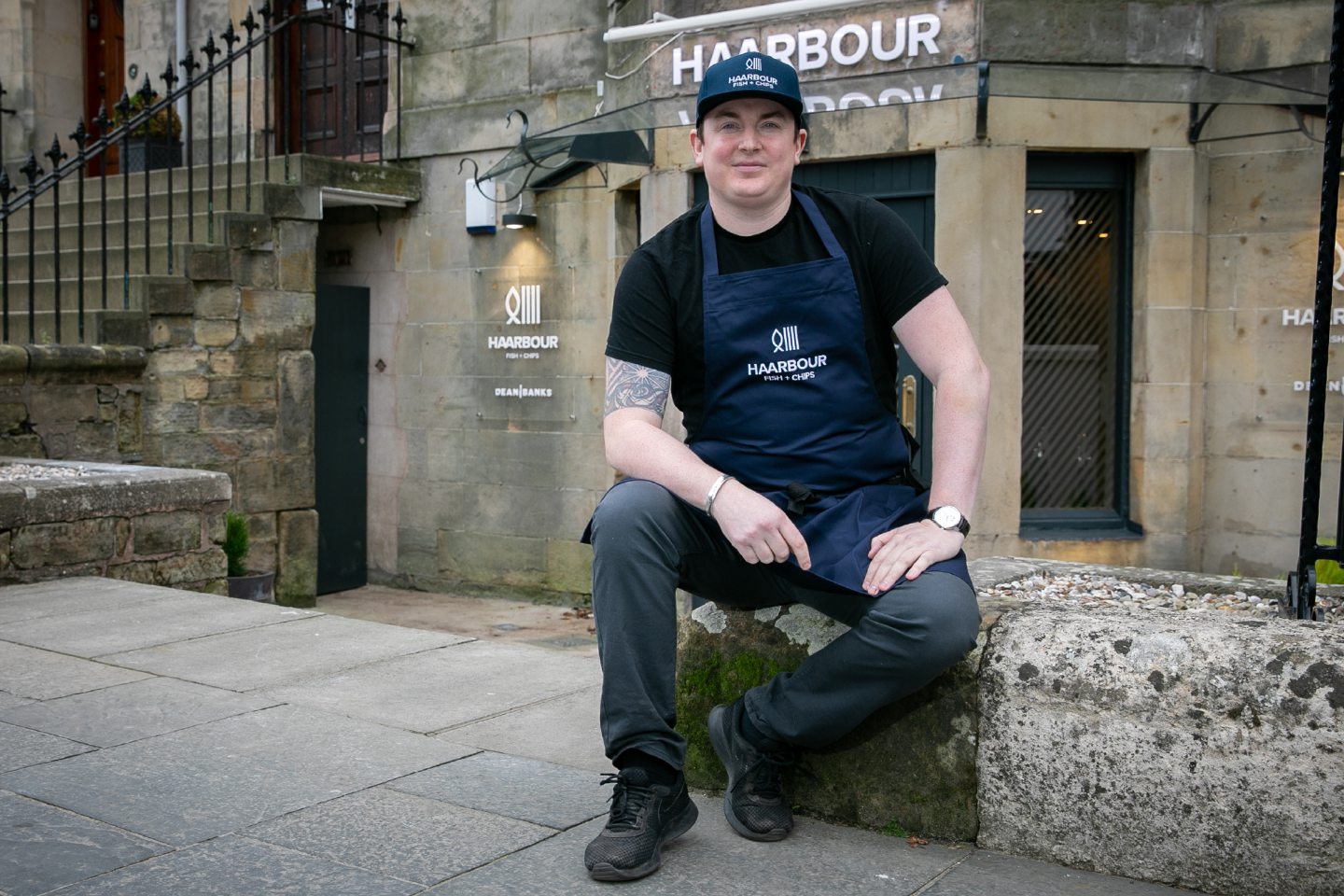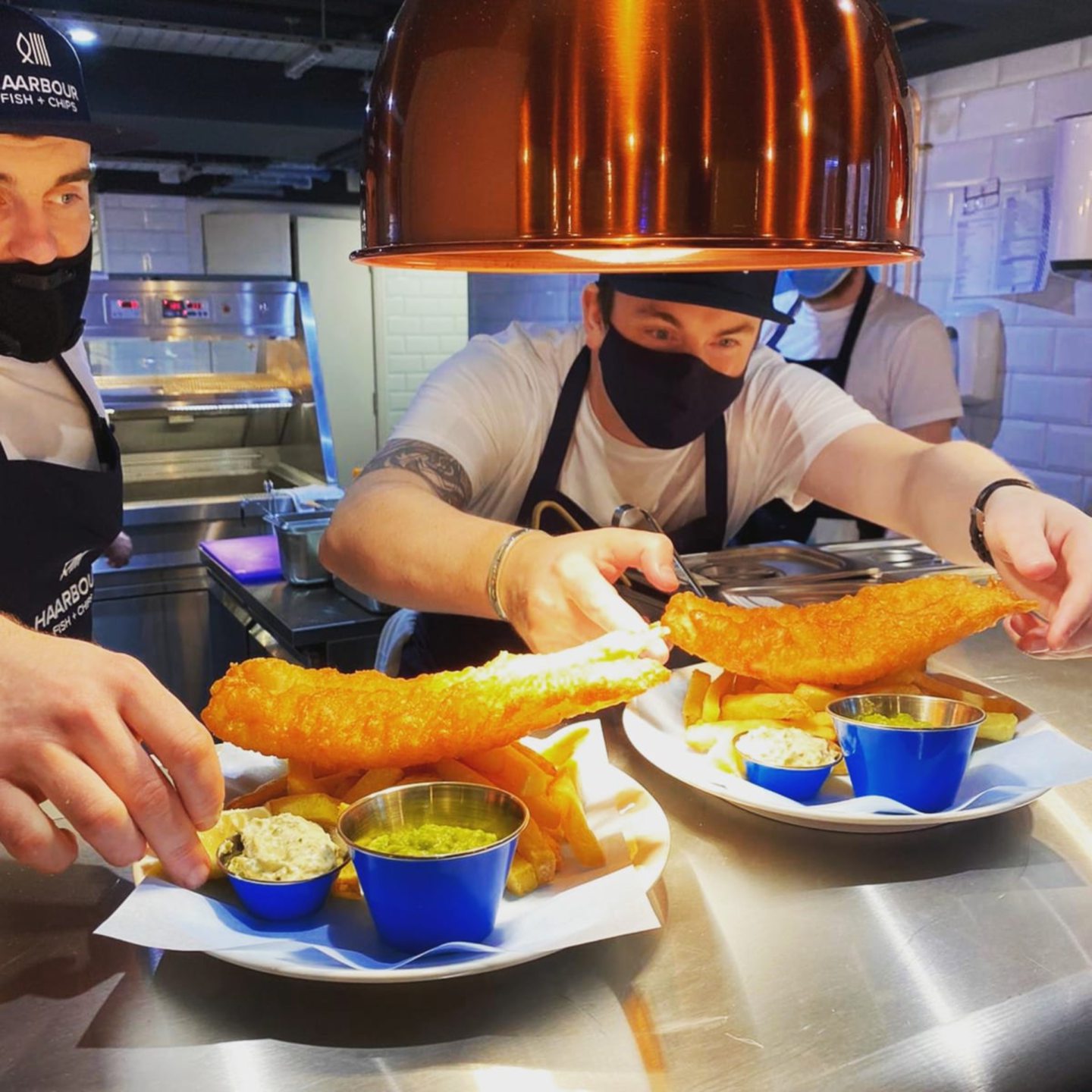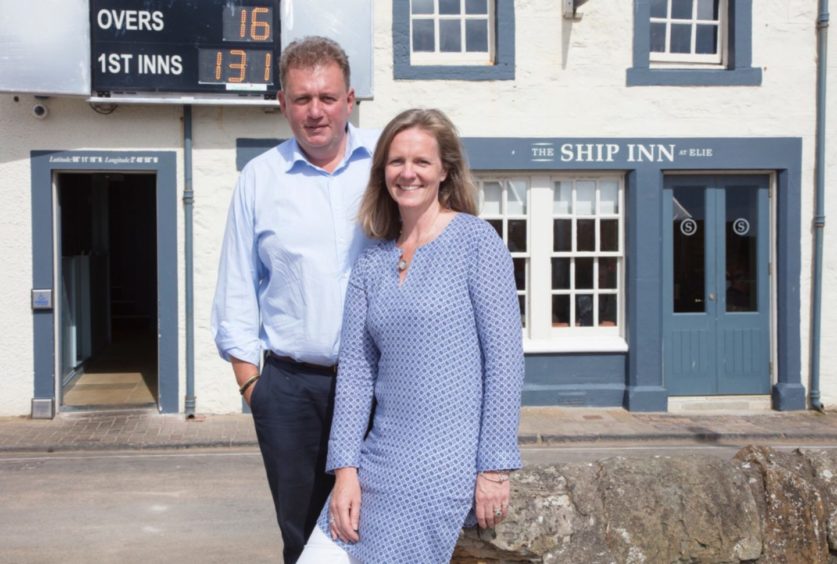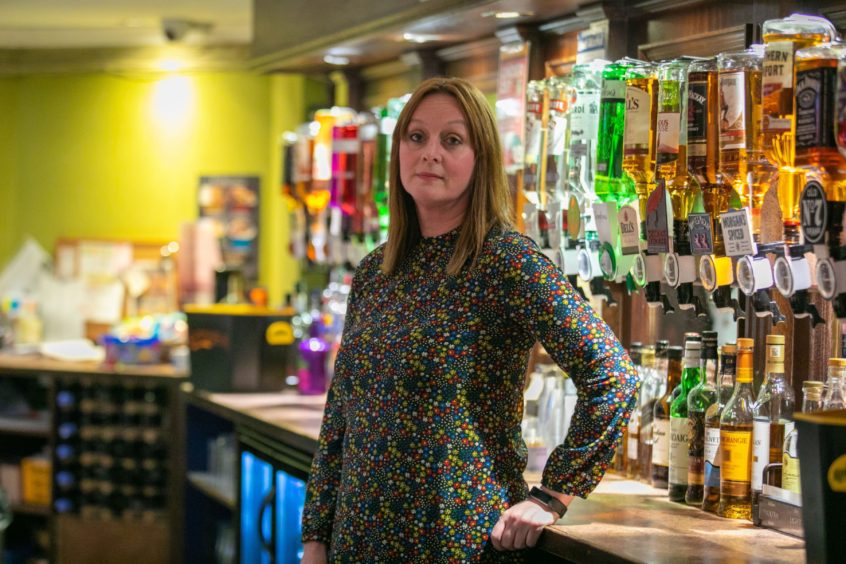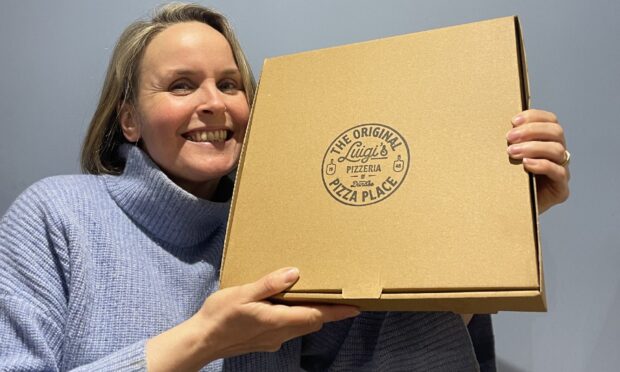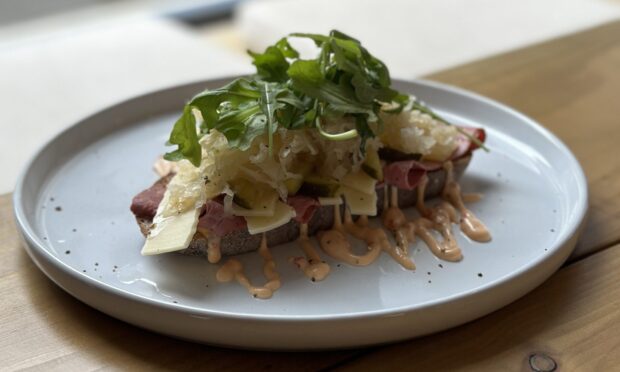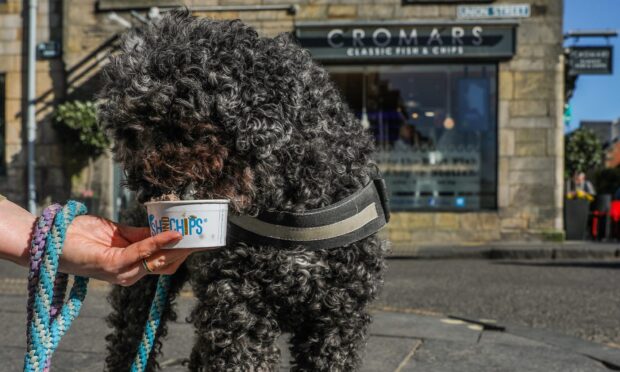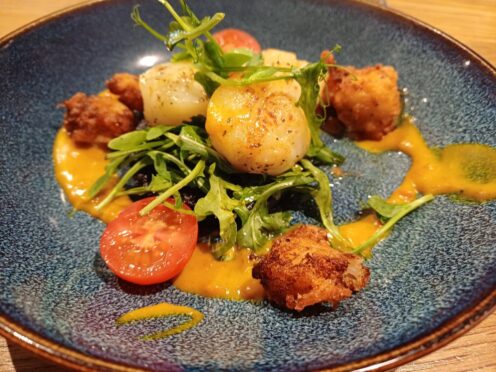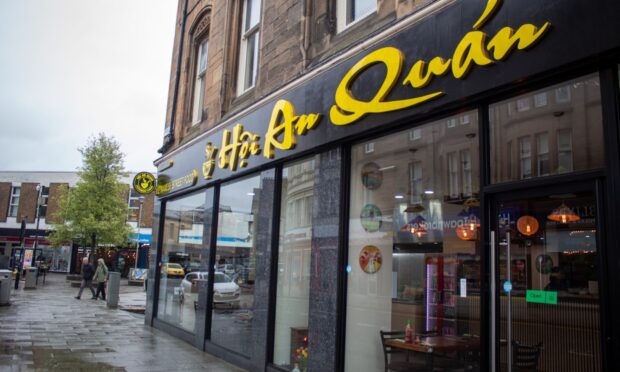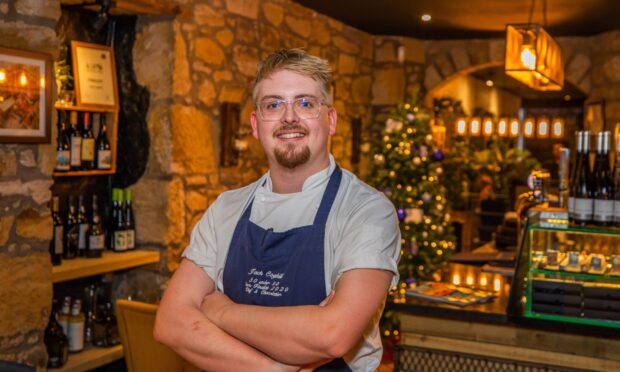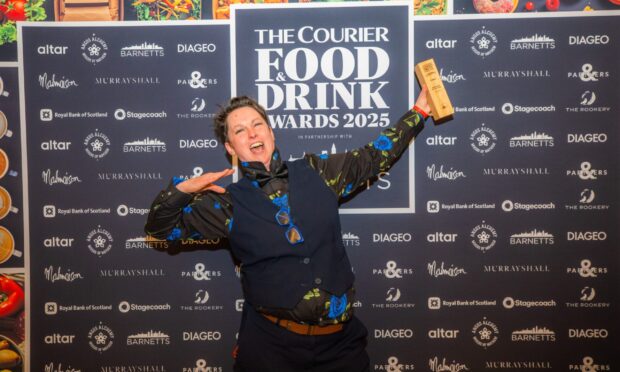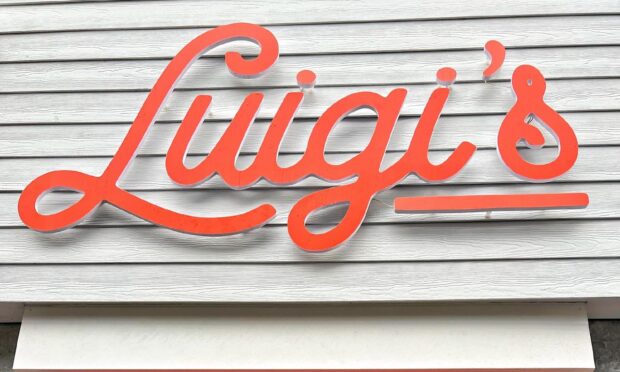After the first minister confirms the three regions will face tighter restrictions aimed at controlling the spread of coronavirus, we look at what it means for hospitality businesses and their customers.
Pubs, restaurants and hotels across Fife, Perth and Kinross and Angus will have to stop selling alcohol indoors and outdoors and close at 6pm under Tier 3 restrictions announced today by First Minister Nicola Sturgeon.
Moving from Tier 2 to Tier 3 (the second highest out of five levels numbered 0-4) means, from Friday, alcohol can no longer be sold at all in hospitality settings in the three regions, though takeaways for both alcohol and food will be allowed to continue.
With non-essential travel into or out of Level 3 areas banned, hotels and B&Bs will also be affected with guests mainly limited to locals and those travelling for essential work purposes.
Dundee has been operating under Tier 3 restrictions since Monday November 2, along with much of the central belt.
When it comes to socialising, the current measures remain in place – so no indoor mixing in homes beyond those already living in a household, and only up to six people from two households are permitted to meet outside.
How will it affect local hospitality businesses?
St Andrews restaurateur Dean Banks, who owns fine dining eatery Haar and high-end fish and chips restaurant Haarbour, has expressed his disappointment for the industry and the area in going into Tier 3.
He said: “For Haarbour it won’t impact us massively as we’re primarily operating as a takeaway. I think it might take off 15-20% revenue. With Haar it is really going to knock us again. This week with alcohol sales it had brought us back up to being able to cover wages and bills comfortably and we’re just at a balanced point.
“The weeks prior to that we weren’t making any money and were just keeping the business afloat.”
And Dean says the ban on selling alcohol will also have a significant impact as lots of customers are now rearranging bookings to when they are able to enjoy a glass of wine or a beer with their meal.
He added: “Tier 3 will put us in a bad position with Haar, and alcohol sales just kill us. People come for a drink with their meal, and we’ve found some customers are moving their bookings to suit when they are able to have a drink with their meal. It boggles my mind why you can have a coffee in a restaurant but not a glass of wine. I understand the concept of people getting boozy in pubs and keeping that situation under control, but in a fine dining restaurant situation I just don’t get it.
“We’ve tried to be so diverse and it is super hard to keep up and plan ahead with these changing restrictions. Last week we didn’t order any alcohol as we had stock to use, and this week we’ve just had an order of around £6,000 arrive today and that is going to have to go into the cellar. It is a load of money we’ve spent that is now just sitting there.”
Graham Bucknall at The Ship Inn in Elie said: “A move to Level 3 will sadly be very hard for many, if not all, hospitality businesses in Fife. We all understand the pressures on the NHS and how important is to control the virus, however, we also continue to ask for scientific evidence linking well-run, well-controlled hospitality businesses with any form of increased spread of coronavirus.
“We have had a good summer post-lockdown, and a reasonable autumn. We will work with whatever restrictions we are put under in November by the Scottish Government. The UK Government’s furlough scheme extension will yet again be a lifesaver and will help us get through winter, will help us protect jobs and will provide an income for our many loyal staff who will find themselves very short of work if the restrictions become more severe.”
A spokesperson for The Kinneuchar Inn in Leven said: “The shift in rules on entering Tier 2 (as opposed to the blanket approach to pubs/restaurants before) was extremely welcome. The slightly extended hours allowed us to restart a supper service and the serving of alcohol has made a huge difference to our viability.
“We recognise that it is responsible to adapt how we work to the shifting status of the virus, but we struggle with the short-term shifts which impact us hugely in terms of sourcing and wastage (of beer in kegs, of fresh ingredients, etc) and of course the responsibility we feel towards our team and the economic realities of their own lives.
“We sincerely believe that the responsible manner in which we are operating the business does not pose an undue risk to our staff, our customers or our community and we earnestly hope that we will continue to be able to run the Inn in a way which is commercially sustainable.”
“It’s come as a massive blow”
Claire Wheelen, manager of Pinkertons in Glenrothes, said it’s almost certain they will be forced to close.
“We are just getting halfway back on our feet with being able to serve alcohol with food and this has just come as a massive blow again,” she said. “It’s like two steps forward and 10 steps back basically.
“You can’t plan as you don’t know what stock to order, your staff don’t know what they’re doing from one week to the next and the funding doesn’t cover anything that you need. It’s just a constant worry.”
Claire added that they had been seeing small green shoots of recovery.
“I think because the way our pub is it is very alcohol orientated so it’s not really worth our while staying open, although we have been mobbed for food since Friday just due to the simple fact that people can have a drink inside rather than sitting outside,” she revealed.
“We have been mobbed outside as people have been braving the cold, but I think we will be forced to close as it’s not going to be viable.”
Lee Murray, owner of the Laurel Bank Hotel in Markinch, will close under Tier 3.
“For us it’s no good for our business, we need to serve alcohol. We will just shut because it’s pointless. We have had to effectively tell people they were going on furlough and we only opened a week ago,” he said.
“It’s devastating. Every time they changed the goal posts we actually did OK, not great, but managed to adapt and have been able to survive and not lose too much.”
The week to week review of restrictions is proving particularly challenging, Lee added.
“That’s something that really kills us because we can’t plan. People are asking us about Christmas, but we don’t know how it’s going to look. How can you plan a business week to week?
“They need to give us something to work to. There needs to be a long-term plan. How can they review it on a weekly basis? We are getting treated like second-class citizens. It’s just ridiculous. It’s another punch.”
“We can’t stay open without selling alcohol”
In Perth, owners of The King James pub, Helen Ratcliffe and husband William, also said they would close under the Tier 3 restrictions.
Helen explained: “We’ve just opened up for two weeks and now we’re having to shut down again. We can’t financially stay open without selling alcohol. It’s a bit of nightmare because we’ve just spent a lot of money to have outside seating and things because we reopened and it’s not sustainable at level three.
“You just worry about how long this is going to go on for. I had a wee feeling it was going to happen but I was hoping I was wrong.”
Rosie Jack, manager at Bowhouse in St Monans said this weekend’s market would now have to be cancelled due to the new restrictions.
She explained: “Unfortunately, this means that we’ll have to cancel the market weekend that the team has all been working so hard to put on. However, our online market, Bowhouse Link was built with this in mind and is able to be resilient here. This allows local people to access food and drink that’s been locally produced for local delivery or collection. While we hope to bring the market weekends back again soon, we will be focusing on supporting producers to sell their food and drink via Bowhouse Link.”
Will Docker at Balgove Larder near St Andrews hopes to be able to keep his farm shop, Steak Barn and Cafe open. He said: “It’s disappointing that Fife is going to move to Level three but we absolutely understand the need to be cautious and work together to prevent the spread of coronavirus.
“We’ve been able to open our business throughout this difficult year – albeit with restrictions around certain elements. Our farm shop, home store, florist and online shop will certainly stay open as they did throughout lockdown and at the moment, I’d envisage that we’ll be able to keep our Steak Barn and Café open too. The difficulty for us, as with other businesses, is the importance of keeping up to date with the constantly changing regulations.
“Level three, for example, brings increased restrictions around alcohol sales. We’ve seen demand for alcohol sales reduce in the last few months and we’ve also noticed a reduction in trade from Dundee as they entered Level three ahead of us. I think the main impact we’ll see in the short term is an public concern which reduces the desire to get out and about and visit businesses. However, at the end of the day I feel our customers have appreciated our services and the strength of our top quality local produce more than ever before and that won’t change: really good food is one of the rare ways you can treat yourself at the moment.”
